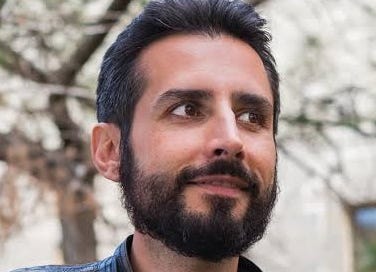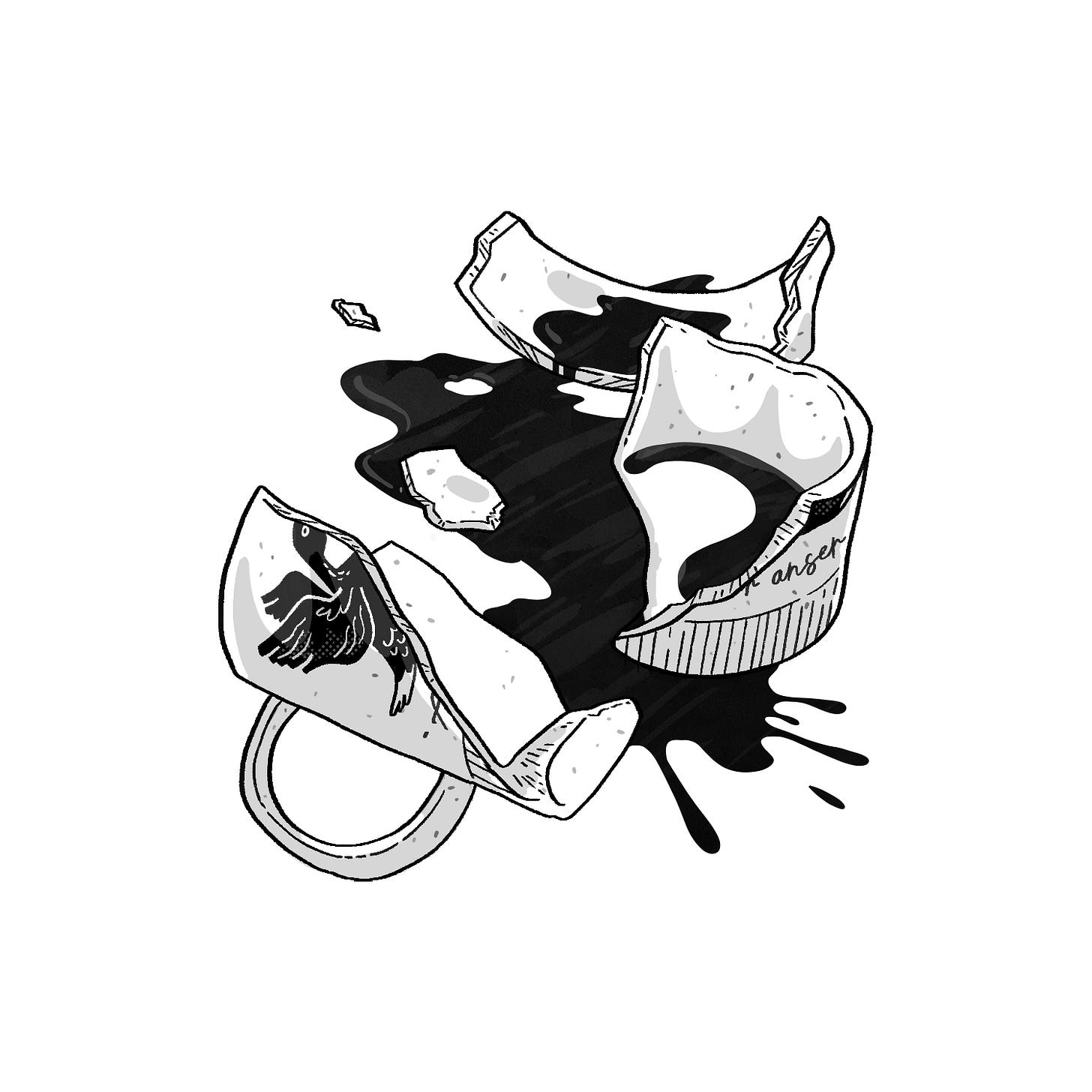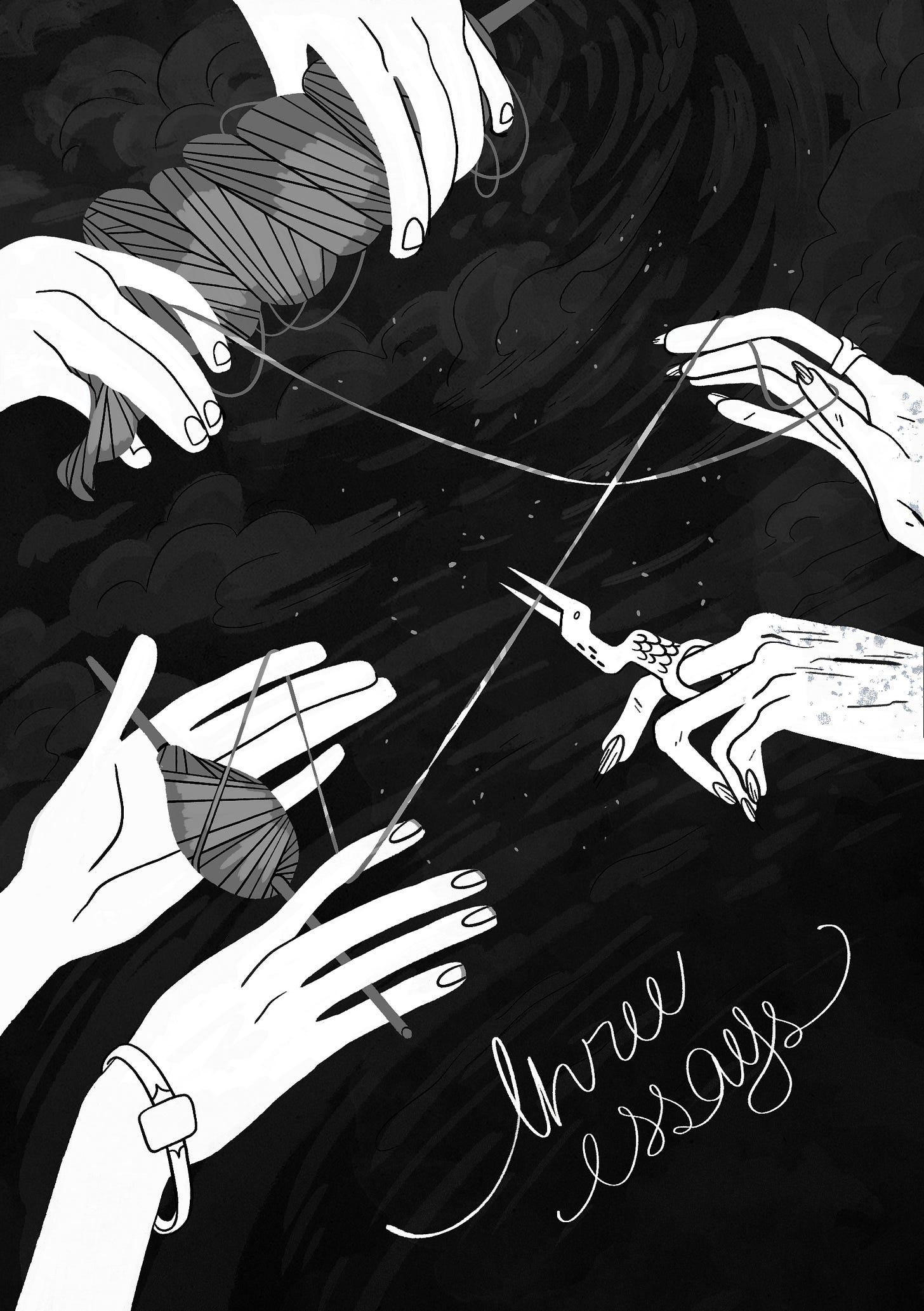Stefano Gualeni (University of Malta), "The Clouds: An Experiment in Theory-Fiction"
Routledge, 2023
On a slow autumn afternoon, an atmospheric physicist working at the Malta Weather Station receives a surprising email from a colleague working in the United Kingdom: a troubling weather phenomenon has been detected during one of their research flights. This email marks the starting point for a speculative science-fiction novella titled The Clouds.
The Clouds is a work of fiction, but it is also a philosophical text: its narrative premises set the stage for the exploration of a handful of intellectually relevant ideas. Another reason why The Clouds might be of interest to people interested in philosophy has to do with its editorial structure. The novella is only the first half of a larger book titled The Clouds: An Experiment in Theory-Fiction, which contains
eight parts of fiction (the chapters of the novella),
three parts of non-fiction (three canonical essays), and
a dash of meta-reflection (the afterword by the author).
The various philosophical, speculative themes of the book are, thus, first presented as fictions (weaved into the narrative of the novella, typically as key components of its development), and then in the more traditional form of the essay (that is, explained argumentatively by leveraging actual facts as well as existing works on related themes). As the author of this new book, I do not know how Routledge let me get away with this plan.
As an example, it might be useful to refer to the many fictional games that are featured in the novella. Fictional games are playful activities and ludic artefacts that are encountered exclusively in works of fiction, and whose uncommon qualities serve a number of interesting functions within the work of which they are part (see Gualeni & Fassone, 2022). Some of these functions relate to the fictional context in which the novella takes place, adding detail to the fictional world and contributing to the indirect characterization of the protagonists. Some other fictional games are less oriented on the narrative, and instead serve speculative and more broadly philosophical purposes. This second kind of fictional games invite the readers to infer the ideologies that are at work in certain scenarios or to think along their implausible and often uncanny rules and behaviours.
Within the fiction part of The Clouds: An Experiment in Theory-Fiction, these games are encountered by the reader as part of their subjective relationship with the fictional world. As a counterpoint to this narrative invitation to imaginatively explore philosophical and speculative ideas, the non-fiction part of the book offers a more canonical analysis of each of the fictional game in the novella with frequent references to academic literature concerning games in fiction, philosophical games, and fictional games in particular. It should now be clear that the essayistic part of the book takes a detached, analytical approach to the same philosophical themes treated in the narrative part, explicitly articulating broader and more general perspectives on themes such as the philosophical uses of games within fiction.
Hybrid efforts of the kinds discussed in the paragraphs above are relatively common in the context of philosophy. Examples of combined uses of theory and fiction abound throughout the history of philosophy, harnessing the unique qualities of each expressive form and challenging clear distinctions between the two. Thought experiments and fictional cases are obvious examples of philosophical tools that capitalize on the imaginative and speculative potential of fiction. Plato’s Socratic dialogues are also egregious instances of this overlap. Are the texts written by Plato and Xenophon works of fiction or philosophical essays in the form of dialogues? Could they be both? And can actual philosophical knowledge be developed and communicated through fiction?
In his doctoral thesis, Flatline Constructs: Gothic Materialism and Cybernetic Theory-Fiction, Mark Fisher offers some answers to these interrogatives. As Fisher points out, there are various ways in which the conceptual dichotomy between theory and fiction can be (and already has been) overcome. To begin with, there are works of fiction that narrativize the process of developing (fictional) theories. Texts such as Stanisław Lem’s 1968 novel His Master’s Voice as well as a few short stories by Ted Chiang exemplify these kinds of fictional epistemic endeavours. Then, there are actual theories presented to audiences by means of fictional narratives. This is the case for philosophical novels such as Robert Pirsig’s 1974 Zen and the Art of Motorcycle Maintenance, Ursula K. Le Guin’s 1974 The Dispossessed and Søren Kierkegaard’s 1843 Diary of a Seducer. Films, plays, television shows, and even videogames have similarly been created with the purpose of potentially making philosophical notions and perspectives more accessible and appealing.
Recent works that experimented with mixing fiction and theory in the context of philosophical enquiry include the 2021 volume Philosophy through Science Fiction Stories, edited by Helen De Cruz, Johan De Smedt and Eric Schwitzgebel, but also Federico Campagna’s Prophetic Culture: Recreation for Adolescents (also published in 2021) and Jack Bowen’s The Dream Weaver: One Boy’s Journey through the Landscape of Reality (2006).
Does The Clouds: An Experiment in Theory-Fiction manage to meaningfully combine theory and fiction? Will it convince scholars and philosophy enthusiasts that there is more to their discipline than academic texts, lectures, or blog posts like this one? Well, pick this new book up and find out!
Works cited
Bowen, J. (2006), The Dream Weaver: One Boy’s Journey through the Landscape of Reality, New York (NY): Ace Books.
Campagna, F. (2021), Prophetic Culture: Recreation for Adolescents, London (UK): Bloomsbury Academic.
De Cruz, H., De Smedt, J., & Schwitzgebel, E. (eds.) (2021), Philosophy through Science Fiction Stories, New York (NY): Bloomsbury Academic.
Fisher, M. (1999). Flatline constructs: Gothic materialism and cybernetic theory-fiction, doctoral dissertation at University of Warwick, retrieved online at: http://exmilitai.re/flatline-constructs.pdf (accessed on June the 13th, 2022).
Gualeni, S. & Fassone, R. (2022), Fictional Games: A Philosophy of Worldbuilding and Imaginary Play. London (UK): Bloomsbury.
Kierkegaard, S. (2006) [1843], Diary of a Seducer, London (UK): A&C Black.
Lem, S. (1983) [1968], His Master’s Voice, Evanston (IL): Northwestern University Press.
Le Guin, U. K. (2015) [1974], The Dispossessed, Huntington (UK): Gateway.
Pirsig, R. (2006) [1974], Zen and the Art of Motorcycle Maintenance, New York (NY): Harper Torch.









